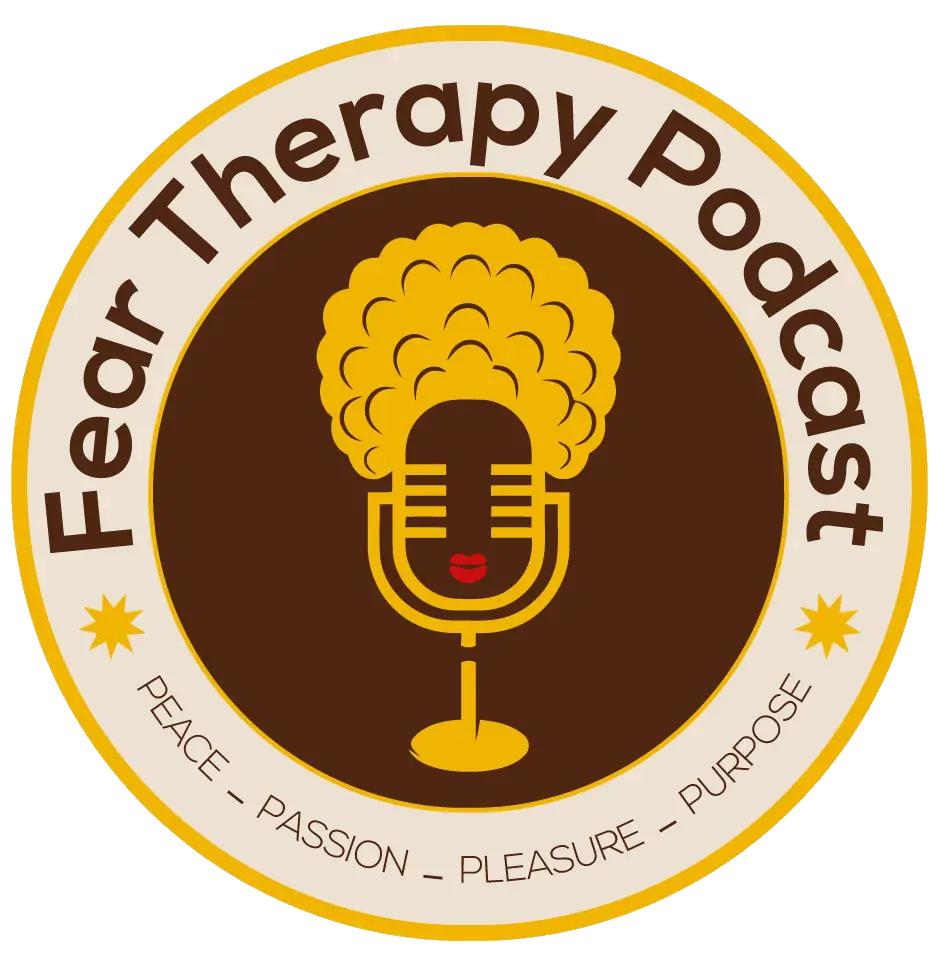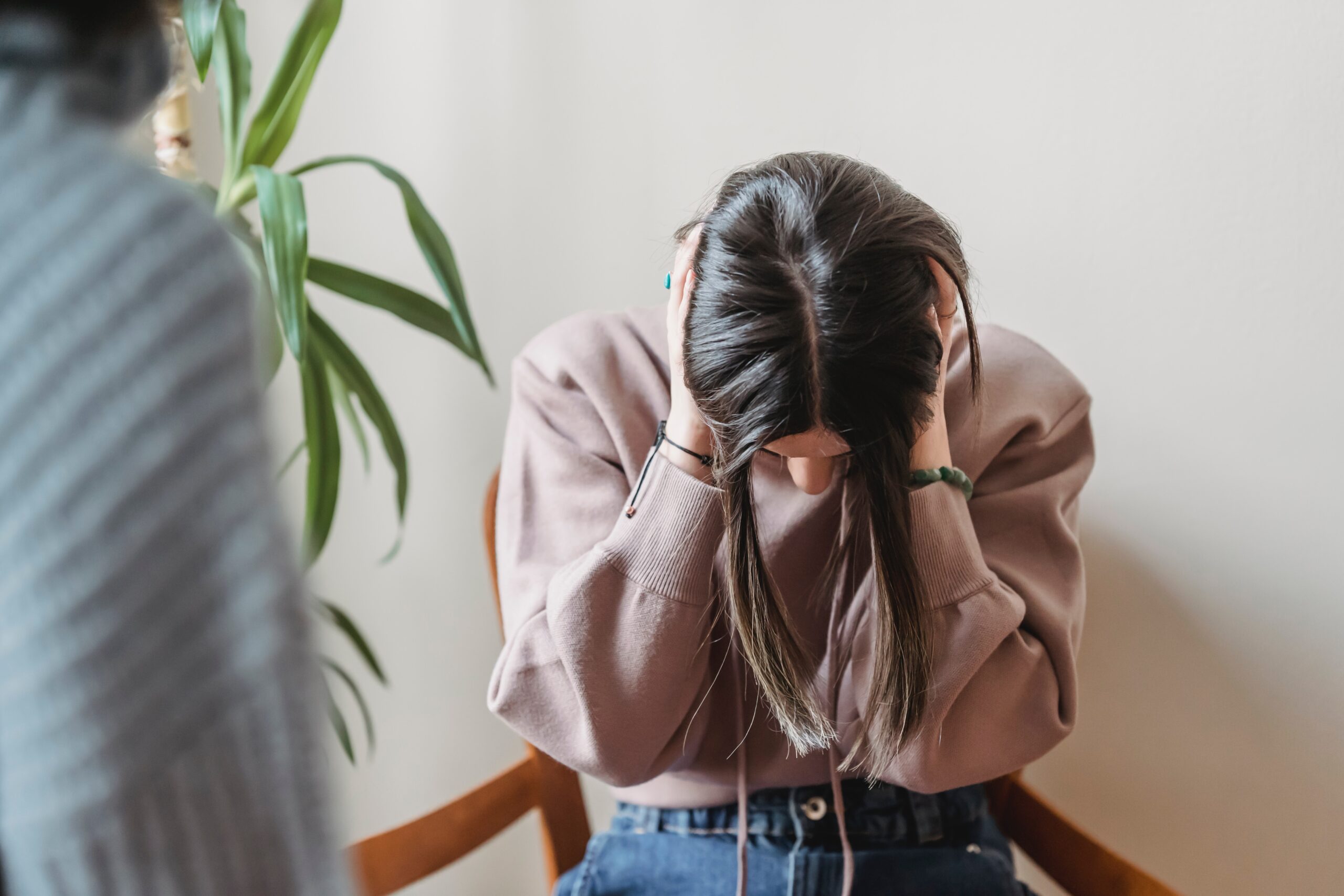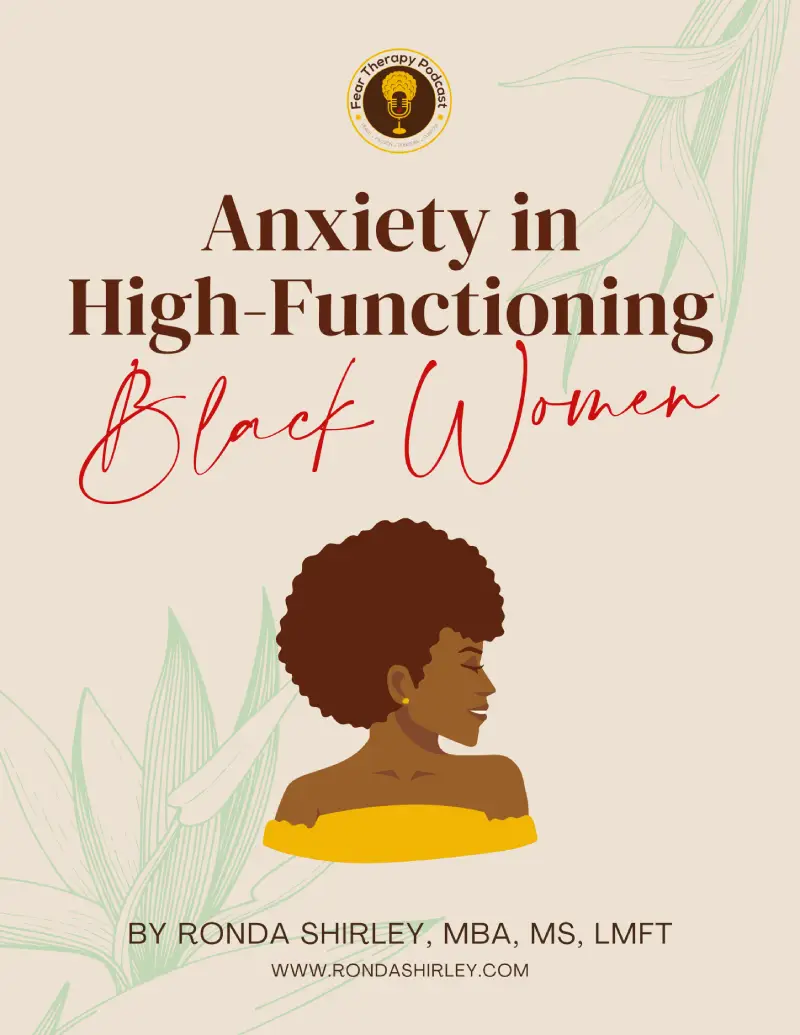You may know what it’s like to have your heart race when you hear a quick bang, like when fireworks are too loud. Or when your heart jumps in your chest when you hear a car horn. Or you’ve had to catch your breath and feel stressed when a balloon suddenly pops. You probably have phonophobia, a fear of loud noises.
My friend, Vanessa, is the perfect example. Vanessa was a very active and sociable person who enjoyed traveling. However, she suffered from an extreme aversion to any and all noises. Vanessa’s pulse rate would quicken, her hands would shake, and her anxiety levels would soar whenever she heard any loud noise, from automobile horns on busy streets to the unexpected crash of falling things. Her anxiety grew so debilitating that she stopped going to parties and other social events for fear of being exposed to loud noises.
How Does the Fear Develop?
The fear of loud noise can stem from various factors and experiences. For some, it may be a result of a traumatic incident involving a loud sound, such as a car accident or a sudden explosion. Others may have developed phonophobia due to a heightened sensitivity to sound, possibly influenced by genetics or childhood experiences. Additionally, individuals with anxiety disorders may be more prone to developing a fear of loud noises, as they associate loud sounds with danger and trigger a fight-or-flight response.
Tips to Manage the Fear of Loud Noise

Understanding the Fear, and educating yourself about phonophobia is the first step towards conquering it. Recognize that your fear is valid, but it doesn’t have to control your life. Knowledge empowers you to take charge of your emotions and responses.
1. Gradual Exposure:
Begin by gradually exposing yourself to sounds that trigger your fear. Start with low-intensity noises, such as playing a recorded sound of a door closing or a car honking. Gradually increase the volume and intensity over time, allowing yourself to acclimatize and desensitize to the loudness.
2. Deep Breathing and Relaxation Techniques:
Practice deep breathing exercises and relaxation techniques, such as meditation or yoga, to help calm your mind and body during moments of heightened anxiety. These techniques can be effective tools to manage and reduce the fear response.
3. Seek Professional Help:
Consider consulting with a therapist or counselor who specializes in anxiety and phobias. They can provide you with tailored strategies, such as cognitive-behavioral therapy (CBT), exposure therapy, or relaxation training, to help you overcome your fear of loud noises.
4. Create a Safe Space:
Establish a sanctuary within your home where you can retreat to when the fear becomes overwhelming. Fill this space with comforting items, such as soft blankets, soothing music, or calming scents, to help create a sense of security and relaxation.
Remember, conquering the fear of loud noise is a journey unique to each individual. It requires patience, self-compassion, and a willingness to step outside your comfort zone. Check this grounding worksheet to help you manage your anxiety when you’re in a stressful situation.










